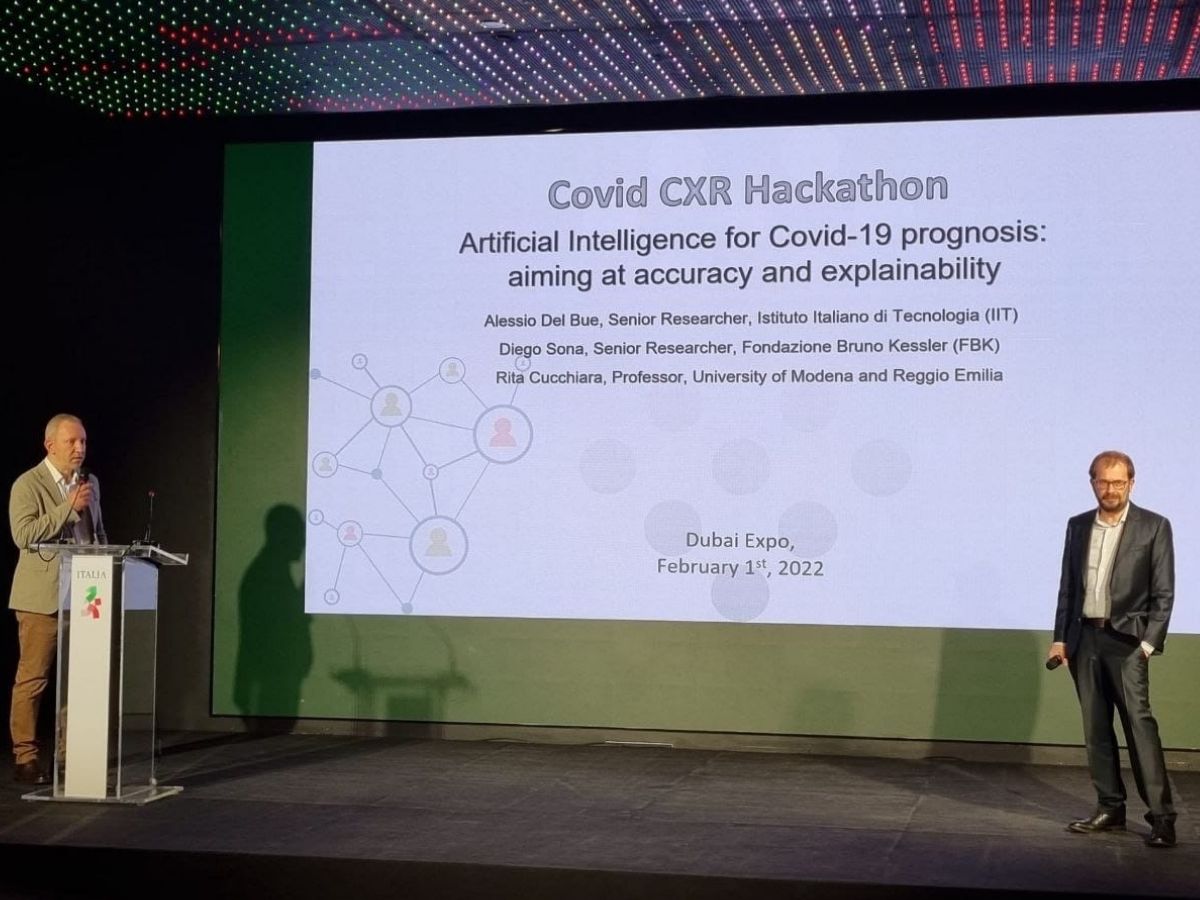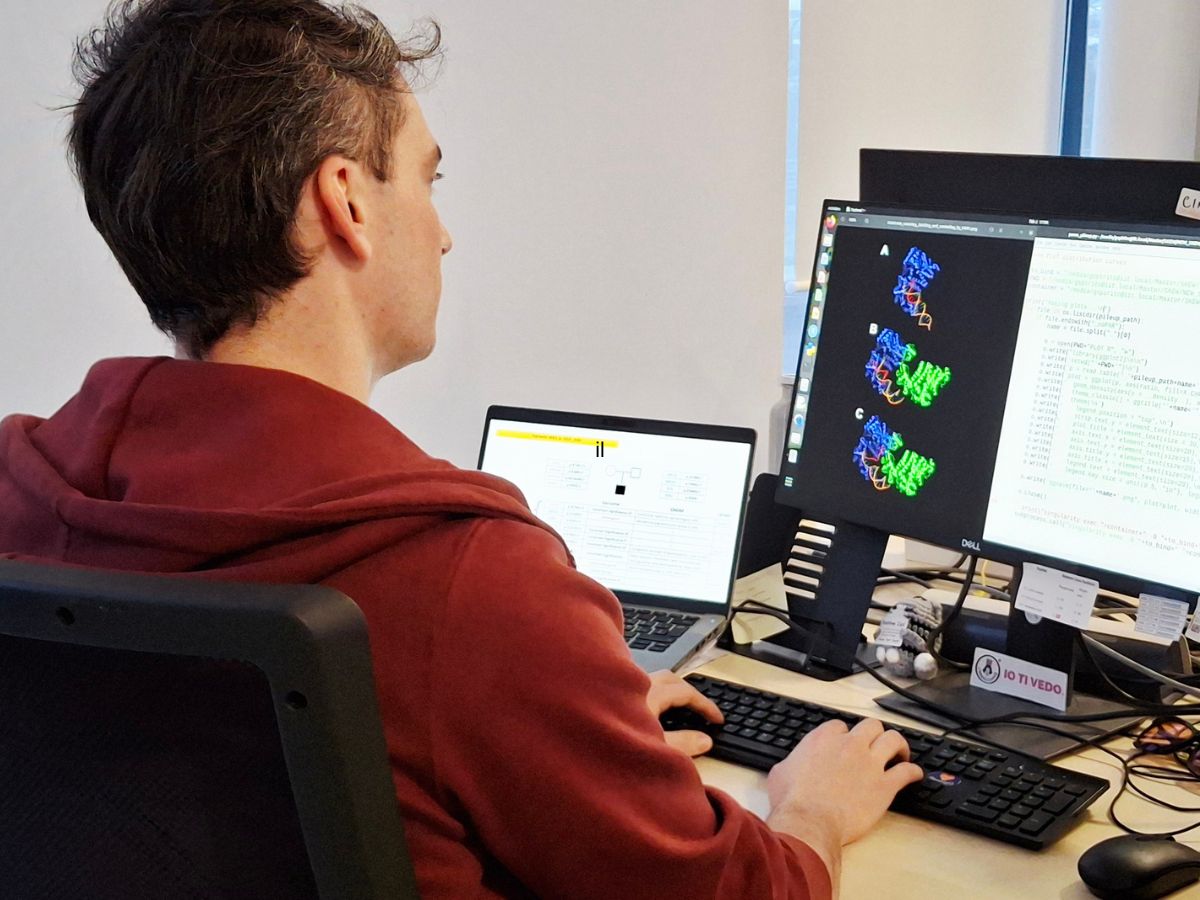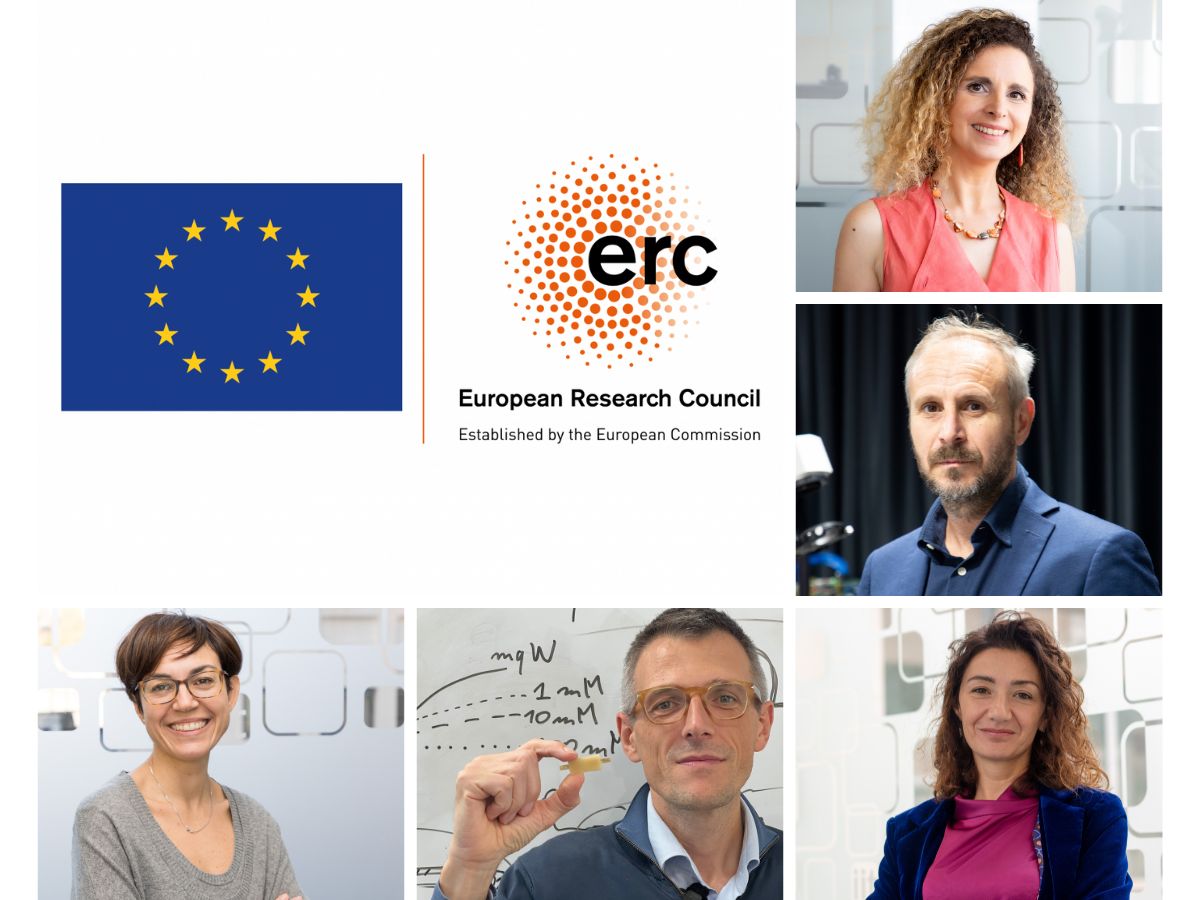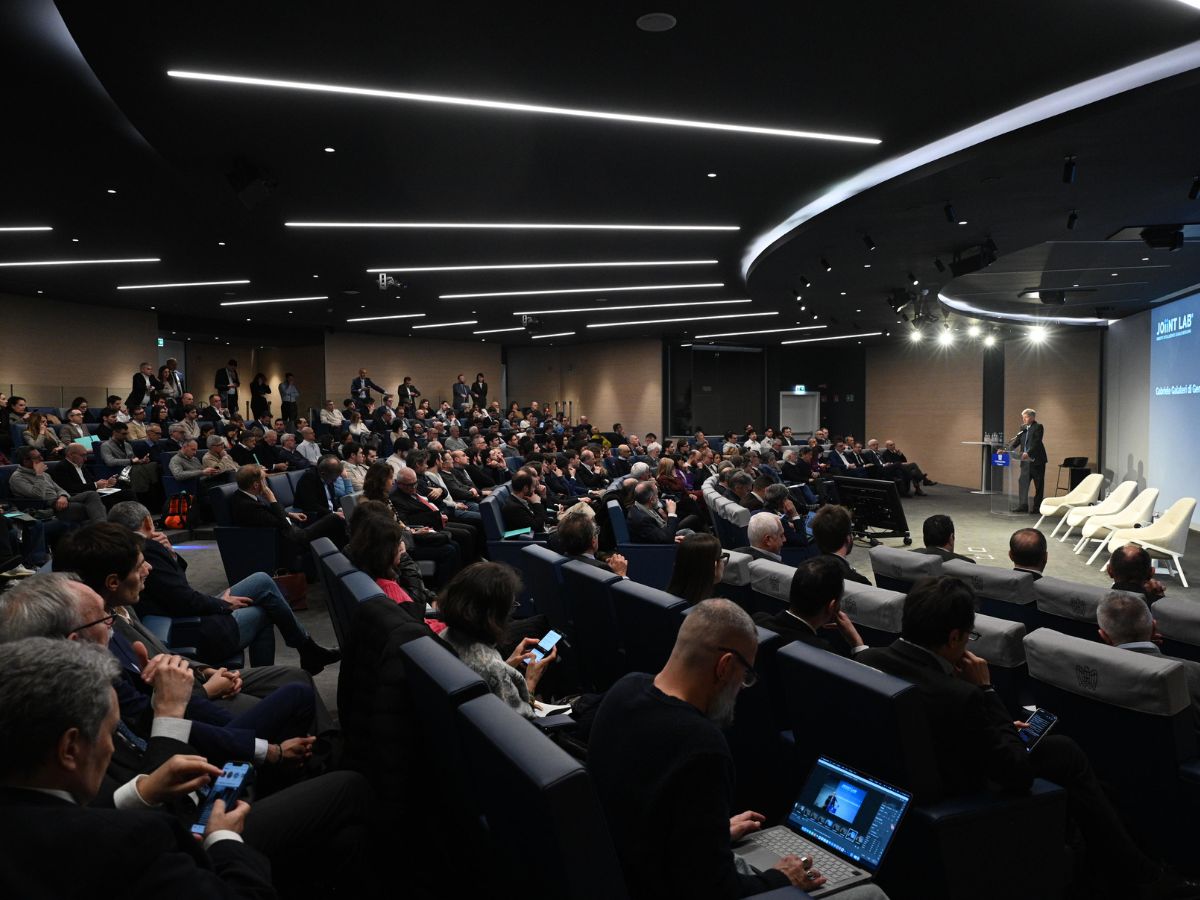“Covid CXR Hackathon” promoted by IIT, FBK and UNIMORE, presented at Expo 2020 Dubai
The Covid CXR Hackathon organized by the IIT-Istituto Italiano di Tecnologia (Italian Institute of Technology), Fondazione Bruno Kessler (FBK) and the University of Modena and Reggio Emilia (UNIMORE) was presented today at EXPO 2020 Dubai to launch an important challenge to the international scientific community: to apply the most advanced software and analysis models of artificial intelligence and machine learning to the resolution of a real and urgent problem, namely the interpretation of COVID19 clinical data, with the aim to make the work of doctors in the wards easier.
The hackathon will last a month and was presented today at EXPO 2020 Dubai during the “Artificial Intelligence and Cybersecurity for Health” Workshop co-organized by Italy, Israel and the United Arab Emirates.
The initiative was promoted by the Genoa, Modena and Technion (Israel) Units of the European ELLIS network and by Fondazione Bruno Kessler, with the support of Italian CINI AIIS (National Laboratory of Artificial Intelligence and Intelligence Systems), Bracco Imaging, Centro Diagnostico Italiano and NVIDIA AUE.
ELLIS is a pan-European effort launched in 2018 with the aim of promoting European research excellence in machine learning and related fields by offering scientists exceptional opportunities to carry out their research in Europe and to train the next generation of young European researchers in this strategically relevant field. It focuses in particular on the fundamental challenges of research in the field of AI that promote positive economic and social impacts. In Italy, the research groups that are part of the Ellis network have set up a number of Units located across the country, such as those of Genoa (IIT and University of Genoa) and Modena (UNIMORE and University of Florence), capable of networking with other organizations of excellence such as Trento based Fondazione Bruno Kessler.
Covid CXR Hackathon wishes to address in an innovative manner, through AI, one of the main issues emerged during the Covid-19 emergency, i.e. the additional strain on health systems, which often comes close or exceeds treatment capabilities.
Automated or semi-automated techniques developed using machine learning could help doctors tell patients who can be treated safely at home from those who might need hospital intensive care care, thus improving planning and allocation of resources available,
This is why we want to test automated prognosis techniques, interpreting radiographic images and clinical data, and providing automated explanatory support for doctors, in order to increase their acceptability and person-AI cooperation.
Participants in the hackathon will have to develop systems capable of processing real data, concerning the first hospitalization of COVID patients and from various healthcare systems in Northern Italy active during the first outbreaks. Thus, these are images quality and format are very variable and clinical data may be incomplete.
The winning proposals will be those that, in addition to presenting intelligent systems with better prognosis accuracy, will be added explainability and transparency features that will be understood and used by healthcare providers who are not artificial intelligence experts. The contributions will be evaluated by a team of doctors and computer scientists.
Statements:
Rita Cucchiara, Full Professor of Artificial Vision and Director of AIRI, the UNIMORE Artificial Intelligence Reserach and Innovation Center: “This initiative, included in the prestigious showcase of DUBAI EXPO 2020, first of all testifies to the high level of the Italian artificial intelligence community and underlines the importance of foundational research in this sector: only through advanced research can real solutions and significant impacts be obtained for the benefit of everyone’s health and in support of the health industry. It is also a source of pride for us that the event has been organized by the Ministry of Foreign Affairs in collaboration with Israel and the United Arab Emirates; what is achieved is the concrete possibility of connecting talents from all over the world having the beauty and usefulness of science as a common element”.
Alessio Del Bue, Head of the PAVIS (Pattern Analysis and computer VISion) research line of the IIT in Genoa: “Covid CXR Hackathon was designed to transform the pandemic experience into a driver for the scientific community to show that the development of automated intelligent systems, both for the recognition of images and other types of data, is ready to face the most pressing problems of our society. Discussion with clinicians, companies and industries is critical.”
Diego Sona, researcher of the Data Science for Health unit (FBK Digital Health & Wellbeing Center): “Artificial intelligence has evolved significantly in recent years and is still evolving at a fast pace. This challenge aims to show that AI is almost ready to be used and applied to real health problems. Of course, this will raise ethical issues and one way to address them is to make AI tools transparent through the concept of explainability of the model that doctors can use to make an AI-supported decision, For this reason, we have introduced a reward for the best methodology that explains the predictions of AI.”






